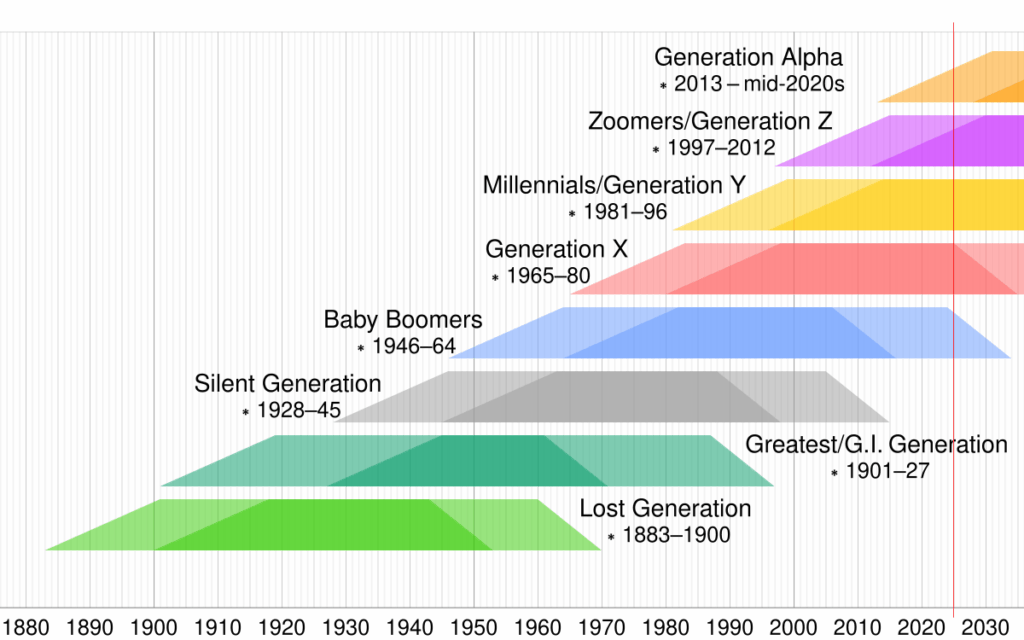
Introduction
Generation Z, often referred to as Gen Z, encompasses those born between 1997 and 2012. This cohort is rapidly becoming a significant force in society, politics, and the global economy. As the first generation to grow up with the internet and smartphones from a young age, Gen Z possesses unique characteristics that define their worldview, behaviours, and preferences. Understanding this generation is vital for businesses, educators, and policymakers aiming to engage effectively with young audiences and navigate the changing cultural landscape.
Characteristics of Gen Z
Gen Z is marked by its diversity, with the Pew Research Center reporting that nearly 50% of this generation in the United States identifies as non-white. Their multicultural upbringing has fostered a greater appreciation for inclusivity and social justice. Additionally, Gen Z is known for being pragmatic and financially minded, having witnessed the impacts of the 2008 financial crisis on their families. This generation prioritises stability and is more likely to seek diverse income streams, such as gig jobs, in addition to traditional employment.
Technology and Social Media Influence
Growing up in a digital age, Gen Z has a unique relationship with technology. According to a report by McKinsey, 97% of Gen Z members are online daily, often using social media platforms like TikTok, Instagram, and Snapchat for communication, entertainment, and information. This access to technology has not only influenced their social interactions but has also shaped their expectations for brands and services. Marketers must adapt their strategies to resonate with Gen Z’s preferences for authentic content and social engagement.
Social Issues and Activism
Social activism is another defining feature of Gen Z. They are passionate about issues such as climate change, racial equality, and mental health awareness. In recent years, movements like Black Lives Matter and climate protests led by figures like Greta Thunberg have seen substantial participation from Gen Z individuals. Their commitment to social justice and environmental sustainability drives them to support brands that align with their values, making corporate responsibility increasingly important in today’s marketplace.
Conclusion
As Gen Z steps into adulthood, their influence on various sectors continues to grow. With their unique perspectives, driven by technology and a commitment to social change, businesses, educators, and policymakers must engage with them thoughtfully and authentically. Understanding the values and behaviours of Gen Z will be crucial for future success and can pave the way for innovative approaches in communication, product development, and social initiatives. Through this engagement, society can harness the potential of this remarkable generation, ultimately fostering a more inclusive and sustainable world.
You may also like

The Rise of Gen Z: Characteristics and Influence on Society

The Rise and Influence of Kylie Jenner

The Life and Legacy of Freddie Scappaticci
SEARCH
LAST NEWS
- Remembering Wendy Richard: The Promise to Co-Star Natalie Cassidy
- How Did Anglian Water Achieve an ‘Essentials’ Rating for Mental Health Accessibility?
- Shai Hope Leads West Indies in T20 World Cup Clash Against South Africa
- What We Know About Weston McKennie: Future at Juventus and Past at Leeds
- What We Know About the Upcoming Live Nation Antitrust Trial